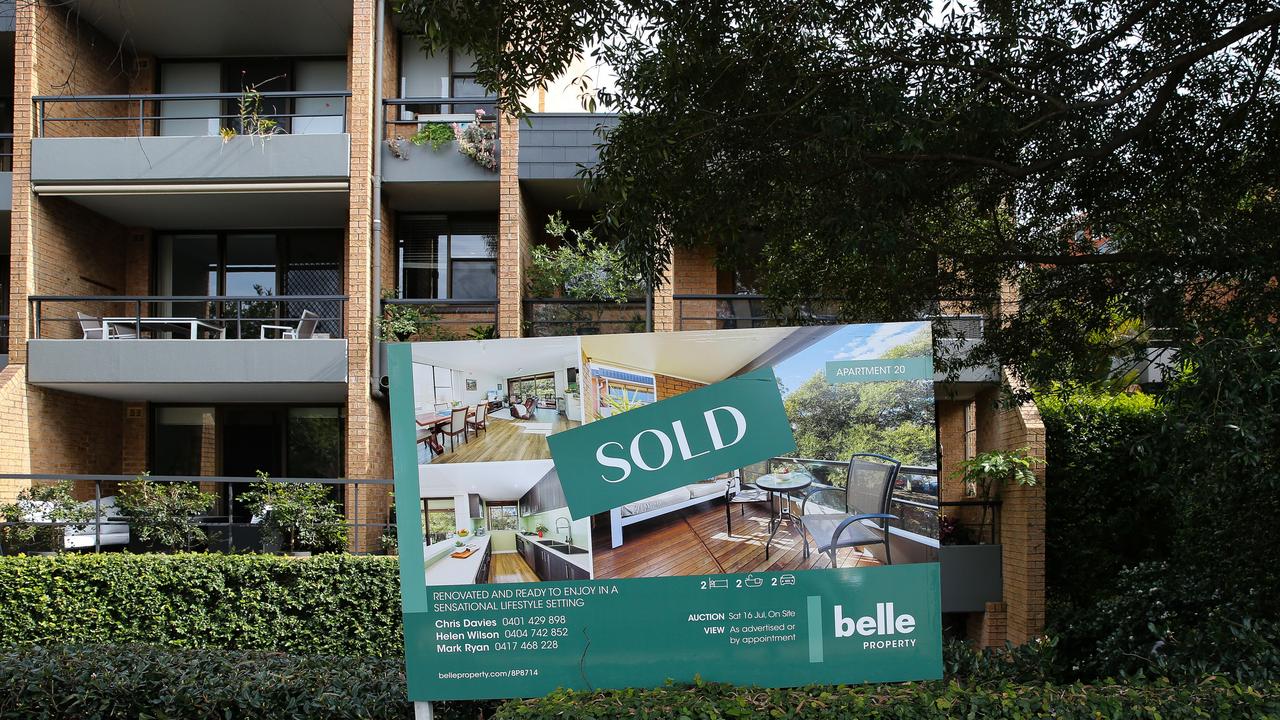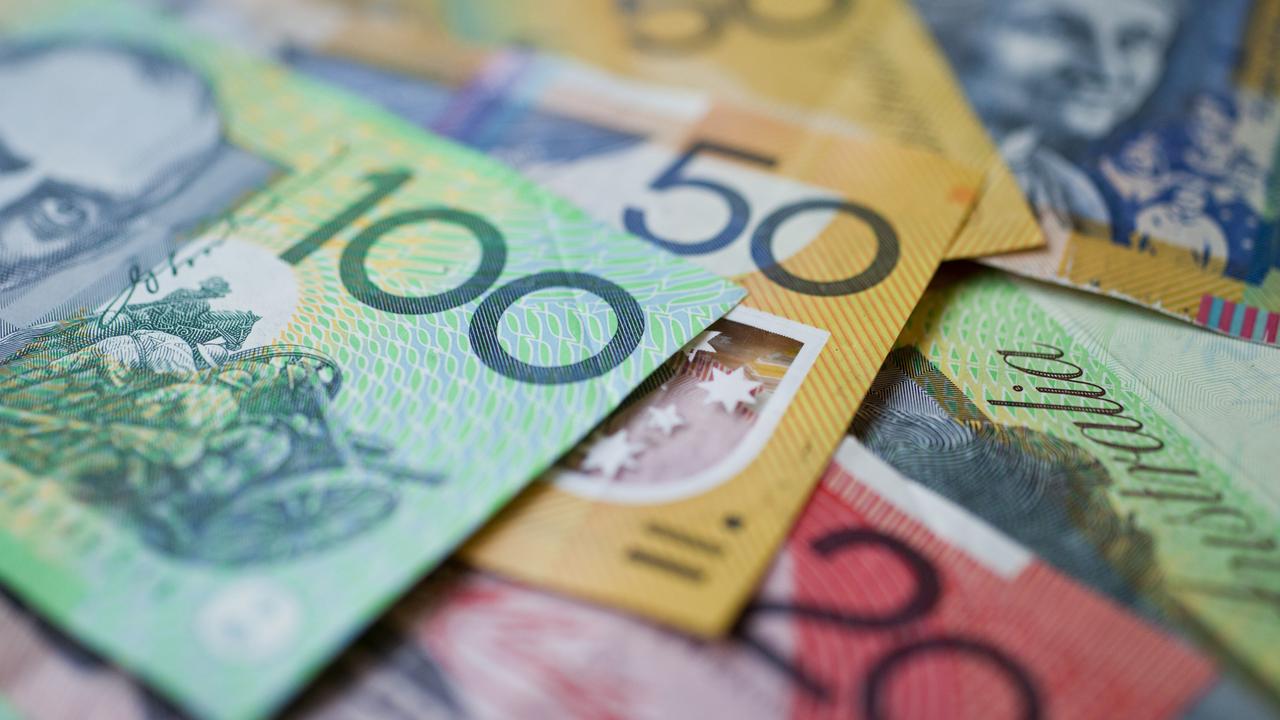Sneaky tax loophole to save $75,000 when selling a property
This perfectly legal tax trick enables an Aussie on the average salary to save $75,000 in tax when selling a property.

Selling a property often results in a chunky cash injection, which if managed well can be a huge accelerator of your wealth building.
With property, given the size of the numbers, the difference between doing it well and just doing it can be huge, so making the smartest steps will pay big dividends here.
In Australia, the long term growth rate of property over the last 150 years has been 6.3 per cent according to Westpac data. This means that the average property in Australia has doubled in value every 11 years.
If you’d bought an ‘average’ property in Sydney in 2011 when the median house price was $634,000, based on the average property growth rate of 6.3 per cent, today you could sell that property for $1,265,517 – netting you a gain of $631,517.
This is a big chunk of change in anyone’s book, and a sum of money that can go a long way towards setting up your future money plans.
But what happens after you sell is crucial.
Assuming the property is an investment, you’re unfortunately going to have some tax to pay. On one hand this is a good thing because it means you’ve made money from your investment.
But you don’t want to pay more than you have to – the more tax you can save, the more money you’ll have to direct to your other goals.
Superannuation is your friend
Super is an important part of everyone’s wealth, but the tax concessions available through super make it a perfect tool for helping you cut your tax bill when you sell a property.

Let me illustrate with an example.
A couple earning the average income in Australia of $90,916 would each pay tax on that income of $21,863.
Assuming they bought an ‘average’ investment property in 2011 for $634,000 and sold it today for $1,265,517, the total gain would be $631,517.
Because you’ve held the investment for longer than 12 months, a 50 per cent discount applies to your capital gain to bring this down to $315,758.
Assuming the property is held in joint names, we split the gain again to a total taxable capital gain of $157,879 per person.
This amount would then be added to your other income of $90,916, bringing your ATO assessable income to $248,795. Total tax per person would be $87,631, or $175,262 in total tax for the couple.
You’d still end up with a solid amount of money after paying your tax, and most people would be happy with this as an outcome. But it could be much better …

Every taxpayer has the ability to make tax deductible contributions to super. These contributions reduce your ATO assessable income and therefore how much tax you pay.
If you’re earning $90,916, your employer would be making compulsory super guarantee contributions of $9456. But the limit for concessional super contributions is $27,500, meaning you have room to make another $18,044 in tax deductible contributions in the current financial year.
For our couple, contributing at this level would reduce their taxable income to $230,751 and mean their personal tax bill would be $79,150, a reduction of $8481 per person or $16,692 combined.
But it can get even better …
A few years back the government introduced ‘catch up’ super contributions. If you have less than $500,000 in your super fund and you haven’t contributed up to your full concessional contribution limit in financial years since FY19, you can ‘catch up’ on these contributions in the current financial year.
This means that for someone who had been receiving super contributions of $9456 each year for the last five financial years, the total ‘unused’ contributions would be $82,720.
(For the engineers following along at home, the limit was increased from $25,000 to $27,500 in 2021/22 financial year which makes the calculation a little complicated.)
Going back to our couple, if they were to each contribute $82,720 to their super funds in the current financial year, the total tax payable would be reduced to $49,866 per person, or $99,732 combined.
Comparing this to our starting tax position of $175,262, this reflects a total personal tax saving of $75,530 for our couple. A serious amount of extra cash can be directed to wealth building or other money goals, and highlights the difference between ‘good’ and ‘great’ when it comes to your planning.

The wrap
Selling a property is a big deal, and something that can rapidly accelerate your rate of money progress, but optimising your strategy makes a big difference. If you want to make the smartest moves, it’s important you get this right.
The rules are complicated and can be confusing, and there are a number of important considerations I haven’t covered in detail here. If you’re going down this path, make sure your plan is rock solid and think about getting some good professional advice so you make the most of the opportunity.
Ben Nash is a finance expert commentator, podcaster, financial advisor and founder of Pivot Wealth, and Author of the Amazon Best Selling Book ‘Get Unstuck: Your guide to creating a life not limited by money’.
Ben has just launched a series of free online money education events to help you get on the front financial foot. You can check out all the details and book your place here.
Disclaimer: The information contained in this article is general in nature and does not take into account your personal objectives, financial situation or needs. Therefore, you should consider whether the information is appropriate to your circumstances before acting on it, and where appropriate, seek professional advice from a finance professional.






